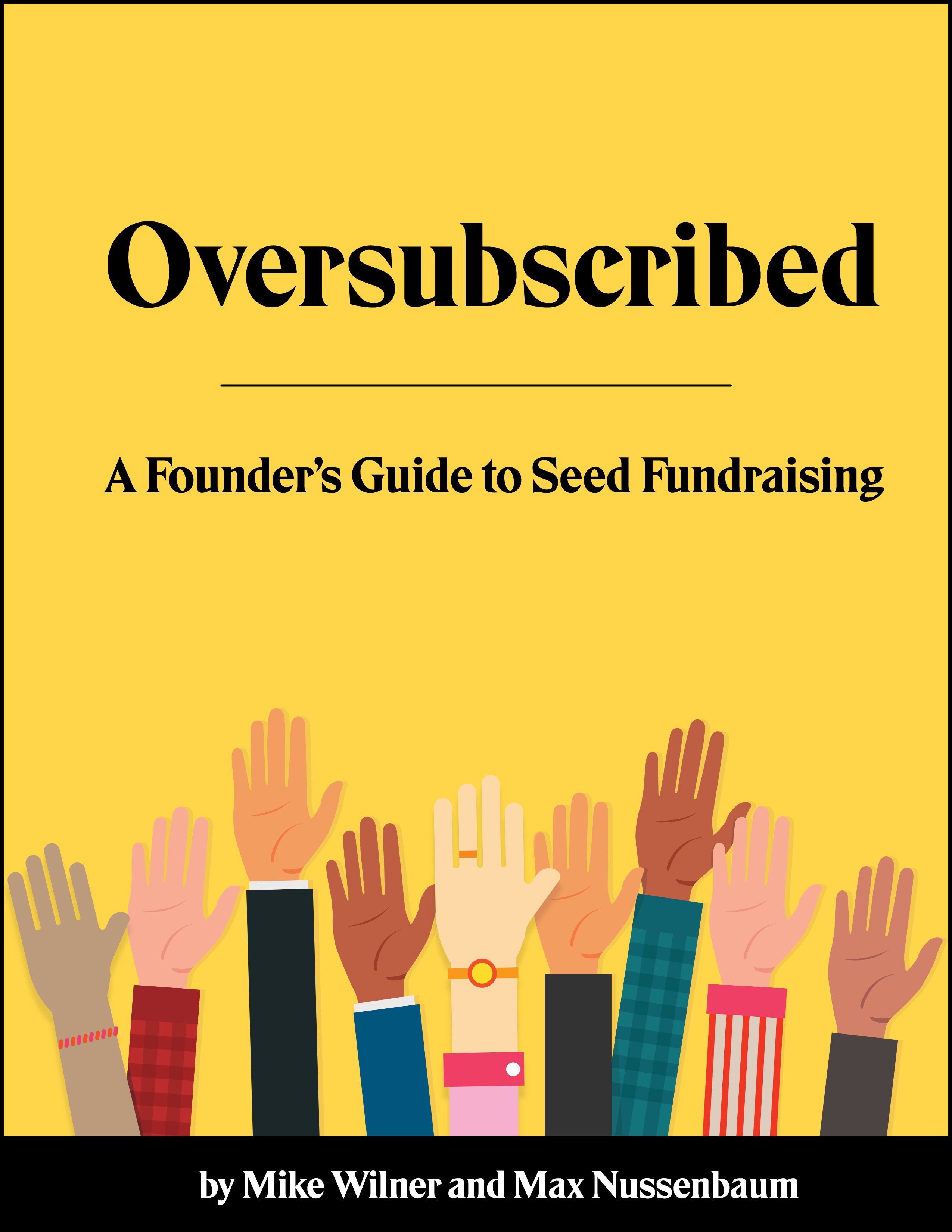The one thing your startup can’t survive (Oversubscribed Weekly #31)
July 25, 2019Forget Robert Mueller’s testimony—we all know that what the nation has reallybeen waiting for with bated breath this week is the latest edition of Oversubscribed. Well, wait no longer, nation: we’re here with a look at the one thing your startup can’t survive.
(This is Max here, by the way. As if you couldn’t tell from that opener.)
Here at Oversubscribed, we’re focused, naturally, closer to the beginning of the startup lifecycle, and we don’t talk much about companies failing. But perhaps we should: the acts of creation and destruction that bookend a startup’s journey are as intimately paired as life and death. And at your company’s key inflection points, like first starting up or closing a funding round, thinking ahead to what might make you fail can be a protective measure.
That’s why I really appreciated this tweet from YC Partner (and my former investor) Dalton Caldwell, who’s shepherded enough startups through YC to know a thing or two about what makes a company successful:
It seems that optimism, rather than money, is the fuel that startups at the earliest stages run on.
— Dalton Caldwell (@daltonc) July 22, 2019
I have seen examples of startups successfully recovering from almost every kind of problem (i.e. no $$$/bad idea/team issues) *other* than founders losing hope/becoming cynical.
This rings deeply true in my personal experience—so true, in fact, that on seeing the tweet I wondered if my startup was one of the examples Dalton was thinking of when he wrote this.
Ultimately, all failed startups failed because the founders gave up. There’s always a Plan B, even with no money: you can change your idea, let your entire team go, work without taking a salary, etc. We chose to shut Castle down, even with the offer of a $1mm+ bridge round on the table, because we’d lost faith in the market and company. In effect, we gave up.
But that’s not to say that giving up is always the wrong choice. Sometimes founders lose hope because they’re just burnt out, but other times, loss of hope is a rational outcome of an accurate assessment of the business.
With a year and a half of hindsight, I’m even more certain that shutting Castle down was the right choice. The state of our product, team, and market meant that we were unlikely to succeed, even when graded on the “all startups are unlikely to succeed” curve.
It wouldn’t have been ethical of us to take more investors’ money and keep grinding it out when we didn’t believe we had a reasonable chance of making it. And it wouldn’t have been the smart choice for us personally either, given the opportunity cost of our time and energy. (Among other things, if I hadn’t moved on from Castle, we never would have started Oversubscribed.)
P.S. I’ve been thinking about telling the full story of Castle’s failure in a future issue of Oversubscribed—one that would be a bit longer than usual. If that’s something you’d be interested in hearing about, please let me know! (Just respond to this email.) Mike and I would love to hear more from our readers about what you’re interested in getting from us.
Enjoy this? Get Oversubscribed in your inbox every Thursday.

